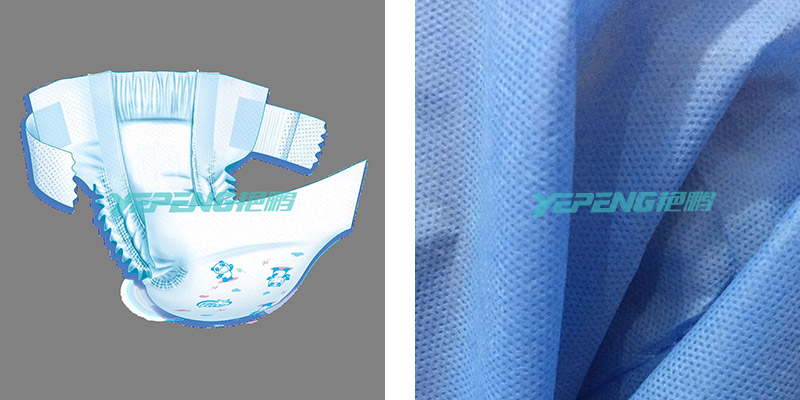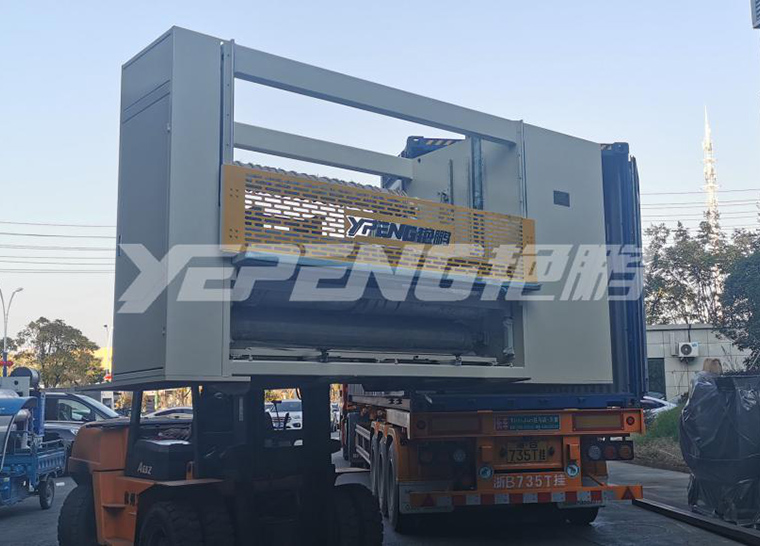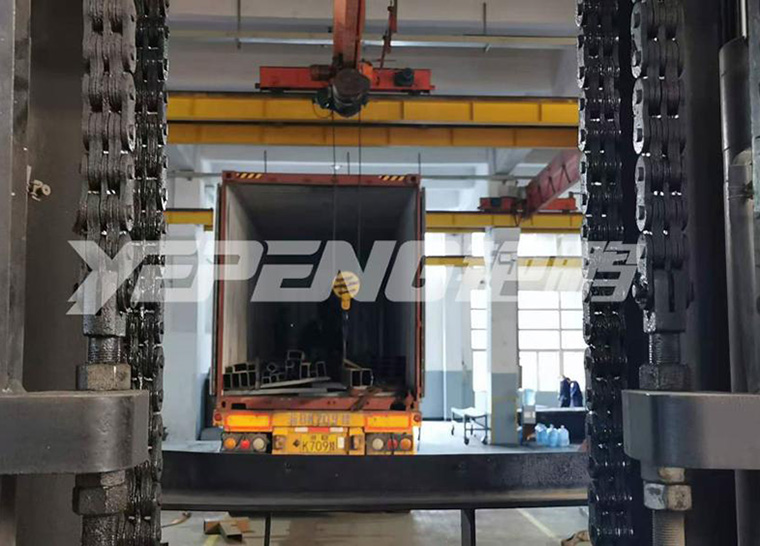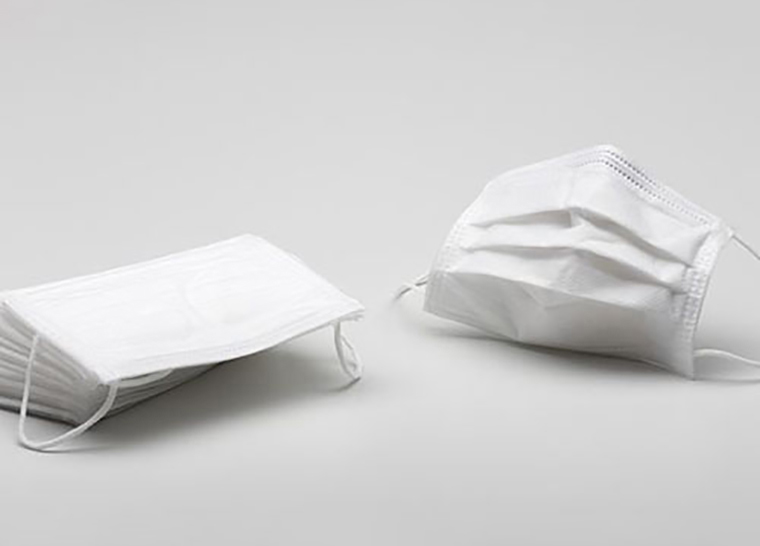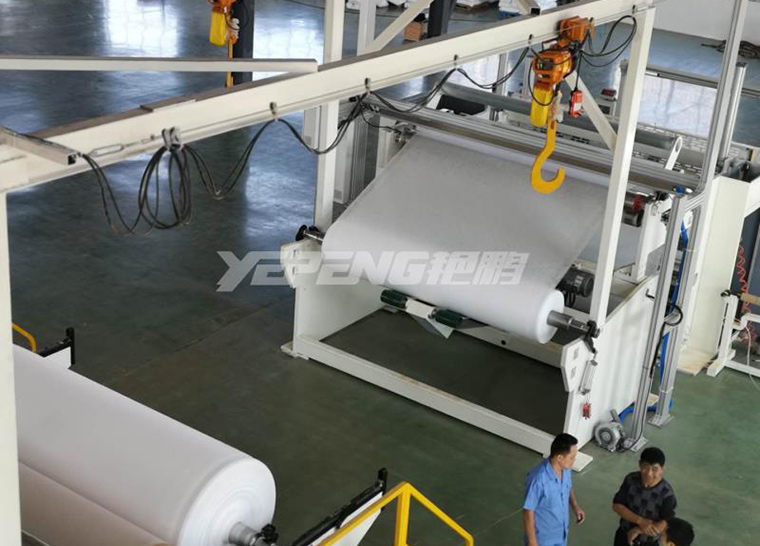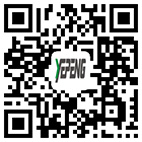On March 3, Mitsui chemical announced that it would sell its subsidiary company, which produces and sells non-woven fabrics for diapers in China, to Chinese enterprises. The amount of the sale was not disclosed. Mitsui chemical nonwovens (Tianjin) Co., Ltd. accounts for more than 10% of Mitsui chemical nonwovens production capacity. But in China, Mitsui's competition with local enterprises is very fierce, so its production should be concentrated in the main bases of Thailand and Japan.
Mitsui chemical is a global comprehensive chemical giant with a history of more than 100 years. It started from coal chemical industry, and gradually developed related technologies and laid a solid foundation from 1912 to 1950. From 1950 to 1970, it started from polyethylene manufacturing technology into petrochemical industry and gradually launched a variety of products, becoming a leading enterprise in the field. At present, Mitsui chemical industry chain involves many industries. In the field of non-woven fabrics, Mitsui chemical is one of the largest non-woven fabric manufacturers in Japan and even Asia. Sunrex Industry Co., Ltd., a Japanese subsidiary, and Mitsui hygiene materials Thailand Co., Ltd., a Thai subsidiary, also have production bases in Thailand.
On April 5, 2012, Mitsui chemical non woven fabric (Tianjin) Co., Ltd. settled in Tianjin Xiqing Economic and Technological Development Zone, which is the only 100% wholly-owned company of Mitsui chemical in China. At the beginning of its establishment, the company aims to meet the rapidly growing demand for diapers in Asia, mainly providing non-woven fabrics for UNIKA, P & G and other companies.
However, with the rise of China's local enterprises and the improvement of production capacity, the competition of non-woven fabrics is becoming increasingly fierce. Mitsui chemical intends to withdraw from China's non-woven fabric market and focus its production on Japan and Thailand.
China has become the world's largest producer and consumer of non-woven fabrics.
In 2020, under the influence of the epidemic situation, the demand for masks, protective clothing and other products will reach an unprecedented level, and the demand for related raw materials will also surge. In addition to epidemic prevention materials, diapers and other related industries will also be greatly affected, and many people will hear a word for the first time - non-woven fabric.
According to the latest information released by the Department of consumer goods industry of the Ministry of industry and information technology, in 2020, the industrial added value of industrial textile enterprises above designated size increased by 54.1% year on year, and the output of non-woven fabrics increased by 15.8% year on year. In addition, according to the data of China Textile Industry Federation, from January to November 2020, the production of non-woven fabrics as raw materials of anti epidemic materials such as masks and protective clothing increased to 5.222 million tons, up 14.4% year on year. In the global scope, the unprecedented high demand also makes many enterprises begin to increase production, expand production capacity, or expand their existing business to new markets.
In fact, the rapid development of Nonwovens in China is not overnight. In the 20 years from 1978 to 1997, the annual output of Nonwovens in China has increased nearly 100 times. Since the beginning of the 21st century, the output of Nonwovens in China has kept increasing. At present, China has become the largest nonwovens producer and consumer in the world. Nonwovens have a wide range of applications. With its competitive advantages of high added value and high efficiency, nonwovens industry has great potential. China Commercial Industry Research Institute predicts that by 2024, China's nonwovens output is expected to exceed 8 million tons. In the process of rapid development, six nonwoven production line bases have been formed, which are located in Changyuan city of Henan Province, Xiantao City of Hubei Province, Shaoxing City of Zhejiang Province, Zibo City of Shandong Province, Yizheng City of Jiangsu Province and Nanhai District of Guangdong Province. Among them, Hubei Xiantao is known as the capital of non-woven fabrics in China. By the beginning of 2020, Hubei Xiantao has 1011 non-woven fabric and its products enterprises, including 103 enterprises above Designated Size, with more than 100000 employees, accounting for 60% of the national market share of non-woven products.
As a result, the non-woven industry has been developing overseas for many years.
No longer competitive advantage, Japanese enterprises speed up the adjustment of Chinese business
Not only the non-woven industry, but also the diaper industry, which is closely related to non-woven fabric, is undergoing the same changes. The competitive advantages accumulated by foreign-funded enterprises in the past are constantly being overtaken by Chinese local diaper brands. Under the influence of various factors such as increasingly fierce brand competition and declining birth rate, foreign-funded enterprises may formulate new growth strategies or adjust their development focus to achieve new growth.
For example, the investment strategy of UNIKA in 2020 has changed significantly, reducing the investment in diapers and other infant care businesses, which account for about 40% of the operating revenue. The reason is that in recent years, the diaper business has fallen into a growth dilemma, Mummy Baby's growth is weak, and moony with high price and high quality contributes to the main performance. At the same time, unijia put forward the policy that 40% of the overall investment should be invested in women's care business, 30% in health care business, and 30% in pet food and other pet care business. In February 2021, Haojiu Takahara, President of UNIKA, said, "in the future, we will gradually get rid of the dependence on China, the largest market. The reason is that with the rise of local enterprises in China, the price competition is increasingly fierce, and it is difficult for Japanese manufacturers to achieve growth. Eunijia will take India and Africa as new growth footholds and invest 50 billion yen to enhance production capacity. "
Companies with brands such as pampers, curiosity and Dawang are also speeding up the layout of emerging markets, such as South Africa, Brazil, India and Southeast Asia, which have become hot spots for non-woven fabric manufacturers and diaper enterprises.
But at the same time, we can be sure that despite the decline of birth rate, China's market is still the largest consumer market in the world and the market with the most growth potential. With the improvement of living standards and the popularization of health concept, China's diaper market still has a lot of room for development. No enterprise will give up this cake. For foreign-funded enterprises What needs to be considered is how to cope with the changes of Chinese market and consumers and build up new competitive advantages.
Our factory is specialized in manufacturing nonwoven fabric machine. If you need nonwoven production line, please contact us.
